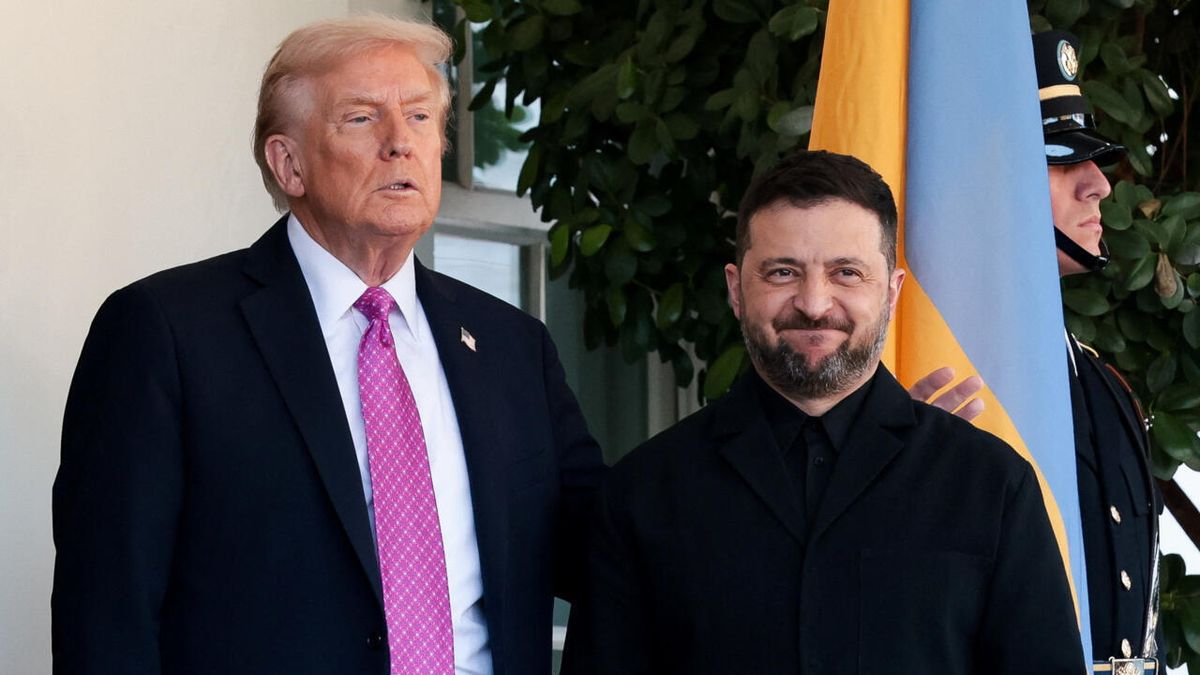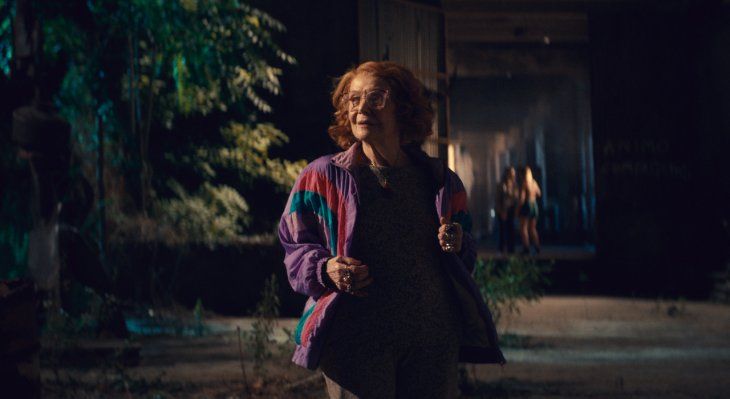The practice of bird watching has grown by leaps and bounds in recent years, driven, on the one hand, by the monotony of the mandatory isolation of the coronavirus pandemic and, on the other, because doctors and therapists began to indicate it as an alternative treatment. to treat mental health problems and prevent cognitive decline.
“You don’t have to be an expert to enjoy the beauty of birds, the only thing you have to have is curiosity and to be attracted to looking for a bug,” Francisco Táboas, environmental disseminator and member of the National Parks Administration (APN), explained to Télam. by the Ministry of Tourism and Sports, who recognizes a recreational aspect in this type of sighting.
Táboas is an animal lover, but his curiosity encompasses every millimeter of nature. He can, for hours, graph the differences between birds, argue how climate change affects their behaviors and migratory processes and, with the same passion, repeat what he explained minutes before if it was not understood.
“As a child I went to camp a lot, I was in contact with nature. One day, a friend’s father on vacation told me that he was watching birds and invited me to go with him,” he recalled about the beginning of a hobby that led him to be a guide and to write with the outstanding Tito Narosky the book “Field Guide”.
“But this approach happens in different ways. There are kids who live in a rural environment, they start hunting little birds and then they realize that they like them a lot and they stop hunting,” he continued.
Like Táboas, many are introduced to the world of birds at the invitation of an acquaintance, others out of curiosity or for health reasons, but, regardless of the reason for the initiation, the majority converge on the same position: conservation. of the nature.
“Bird watching helps you understand natural processes, interactions. Many people who start as a hobby end up turning to conservation. You understand that for there to be such a species of bird, such a plant environment or ecosystem is important, you begin to understand why “It is important in a city to plant native species or plan urban trees and you end up valuing ecological processes,” explained the public policy manager.
In recent years, bird watching began to gain new followers who, bored, “during the quarantine looked out the window of their houses, on the terrace or in the garden, saw something that caught their attention and wrote to organizations asking what bird it was,” Táboas summarized.
But, in addition to the approach cultivated from doubt, health also played a central role as a stimulator.
“Upon returning to normality, consultations with psychiatrists and psychologists for anxiety disorders increased and they began to prescribe contact with nature to treat them. Doctors in some countries also began to incorporate it into treatments against cognitive diseases, such as Alzheimer’s.” , he detailed.
An extensive list of scientific studies recently published in specialized journals demonstrated that the universe of birds has benefits for physical and mental well-being, but, above all, it can help slow the deterioration of those living with dementia.
In Japan, for example, about 50 forests were designated as forest therapy centers, after proving that this type of walking lowers blood pressure, strengthens the immune system and reduces hormones linked to stress, depression and the incidence of heart attacks; Canada authorized its doctors to prescribe spending time in nature; and the United States and the United Kingdom applied similar pilots.
“The practice of bird watching involves, among other things, remembering names, colors, perfumes, sounds, shapes, making lists, being with people, walking,” Táboas listed, among exercises that help improve concentration, keep memory active and stimulate the senses that nature gives.
Source: Ambito
I am an author and journalist who has worked in the entertainment industry for over a decade. I currently work as a news editor at a major news website, and my focus is on covering the latest trends in entertainment. I also write occasional pieces for other outlets, and have authored two books about the entertainment industry.




